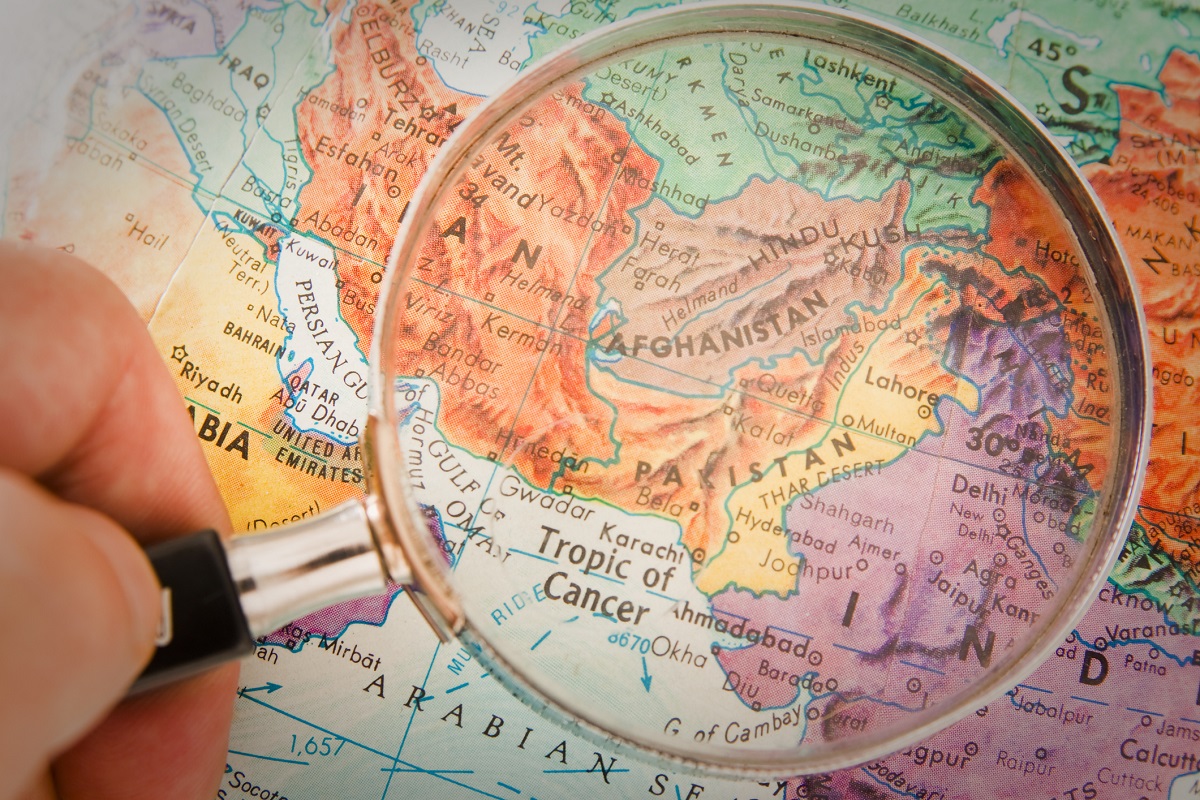Pakistan’s troubles along its border have increased amid tension with both Afghanistan and India.
The border trouble gives grave signals to its military-backed government that exporting terrorism would carry grave consequences, according to Al Arabiya.
Advertisement
Earlier, Pakistani Rangers exchanged mortar fire with the Taliban in eastern Nangarhar province after the latter ripped away the border fence being laid by the Pakistani personnel in the third week of December last year.
The local Taliban official followed it up by threatening ‘a war’ if the Pakistanis persisted with the border fencing.
Further, Pakistani soldiers unleashed artillery in Afghanistan’s Kunar province following the incident in Nangarhar province’s Gushta area. This indicates that both sides have upped the ante along the disputed Durand boundary.
Further, the Taliban local affiliates mentioned that they have stopped the Pakistan military from erecting barbed-wire fences and outposts in Afghanistan’s Nimroz province, according to local media.
On the other hand, around the same time in the third week of December ( 2021), Pakistan soldiers clashed with India in Jammu and Kashmir on the border when the Indians thwarted efforts to infiltrate militants.
The Indian Army had formally raised the issue of Pakistan Rangers starting a construction project just across the Line of Control, opposite Kupwara district in Jammu and Kashmir union.
But the two incidents portray Pakistan’s image which is obsessed with the Kashmir border dispute with India and has sought to ‘normalise’ the border with successive governments in Afghanistan, according to Al Arabiya.
Earlier, Islamabad invested heavily in the Taliban in the mid-1990s when the latter took power in Afghanistan and, again, after they were pushed out of power following the US-led invasion in 2001. Nearly two- decades’ sheltering and nurturing of the Taliban was meant to acquire “strategic depth” vis a vis the perennial enemy India.
However, the Taliban’s return to power in Kabul in August 2021, from securing that ‘depth’, has denied it even the basic peace with Afghanistan.
Although landlocked and dependent upon Pakistan for reaching out to the sea, the Afghans have doggedly refused to acknowledge the British-era defined Durrand Line border according to Al Arabiya.
(With ANI inputs)











